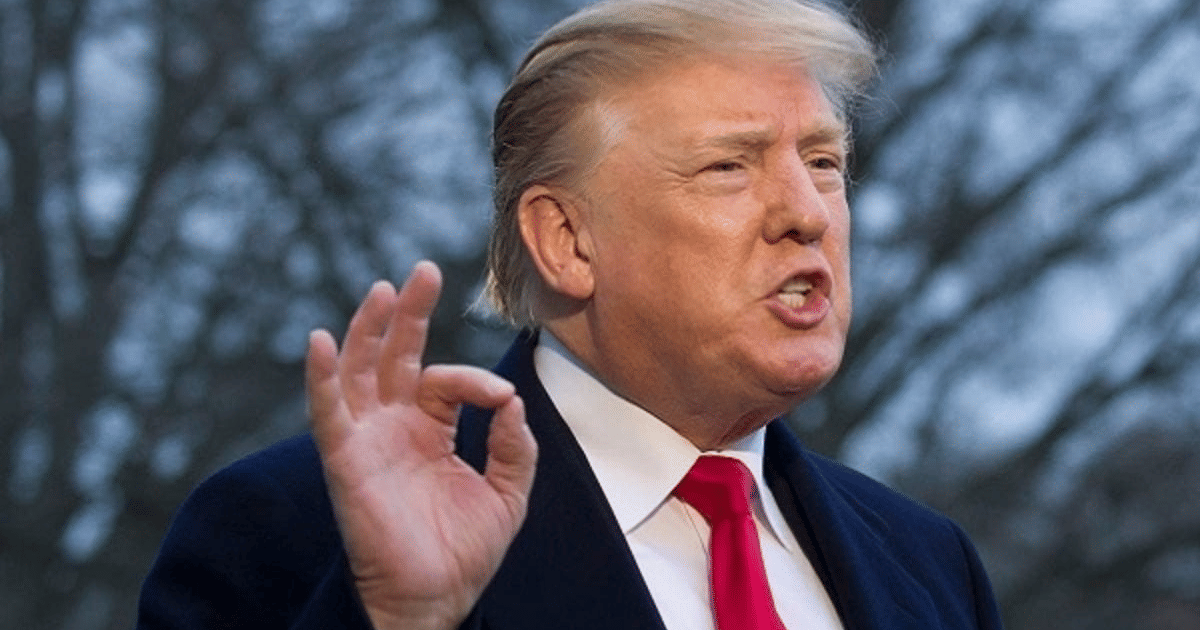 |
|
The appointment of Sriram Krishnan as Senior Policy Advisor for Artificial Intelligence in the Trump administration marks a significant development in the intersection of politics, technology, and international relations. Krishnan's impressive career trajectory, spanning leading roles at major tech companies like Microsoft, Facebook, Twitter, and Snap, underscores his expertise and experience in the rapidly evolving field of artificial intelligence. His background, from humble beginnings in Chennai, India, to achieving prominence in Silicon Valley and beyond, showcases the global nature of technological innovation and the contributions of individuals from diverse backgrounds to the advancement of technology. The announcement, made via President Trump's Truth Social platform, highlights the administration's focus on maintaining American leadership in AI, a crucial aspect of global technological competition and economic dominance. Krishnan’s role will involve shaping and coordinating AI policy across government agencies, underscoring the complex interplay between technological development and government regulation.
Krishnan's collaboration with David Sacks, another prominent figure in technology and policy, further strengthens the administration's commitment to a cohesive and effective AI policy framework. Sacks' experience in the tech world and his insights on policy will provide valuable support to Krishnan in navigating the intricate challenges and opportunities presented by artificial intelligence. The partnership between Krishnan and Sacks reflects the administration's recognition of the need for expertise from both the private and public sectors to develop and implement effective AI strategies. This collaboration highlights the importance of bridging the gap between technological innovation and governmental regulation to ensure responsible and beneficial development of AI technologies.
The appointment also speaks volumes about the growing significance of artificial intelligence in shaping national and international policy. The competition for AI leadership among nations is intensifying, with countries investing heavily in research, development, and infrastructure to advance their AI capabilities. The United States, under the Trump administration, has clearly signaled its intent to maintain its position at the forefront of this technological revolution. By appointing a highly accomplished figure like Sriram Krishnan, the administration aims to leverage his expertise to guide the development and implementation of policies that will promote American innovation, competitiveness, and leadership in the field of AI. This appointment is not merely a personnel change but a strategic move reflecting the administration's prioritization of AI within its broader policy agenda.
Beyond his professional achievements, Krishnan's personal story adds another layer to his appointment. His journey, from a middle-income family in Chennai to becoming a leading figure in the global tech industry, is a testament to the power of determination, hard work, and opportunity. His passion for technology, ignited in the late 1990s, despite limited resources, speaks to his resilience and drive. This aspect of his background adds a human element to the narrative, emphasizing that technological leadership is not solely about expertise but also about individual stories of overcoming challenges and pursuing dreams. This narrative can inspire aspiring technologists from diverse backgrounds and reaffirm the importance of inclusivity in the field of technology.
The appointment has elicited positive responses, reflecting the widespread recognition of Krishnan's capabilities and the significance of the position. His own statement expressing gratitude and commitment highlights his dedication to the task ahead. The appointment is also likely to generate discussion and debate about the potential impacts of AI policy, including ethical considerations, job displacement, and national security implications. The future direction of AI policy under the Trump administration, with Krishnan at the helm, will undoubtedly shape not only the American technological landscape but also the global trajectory of AI development and its influence on various aspects of society. The appointment serves as a clear indication of the escalating importance of AI in the national policy landscape and the crucial role of strategic appointments in navigating the complexities of this rapidly evolving technology.
